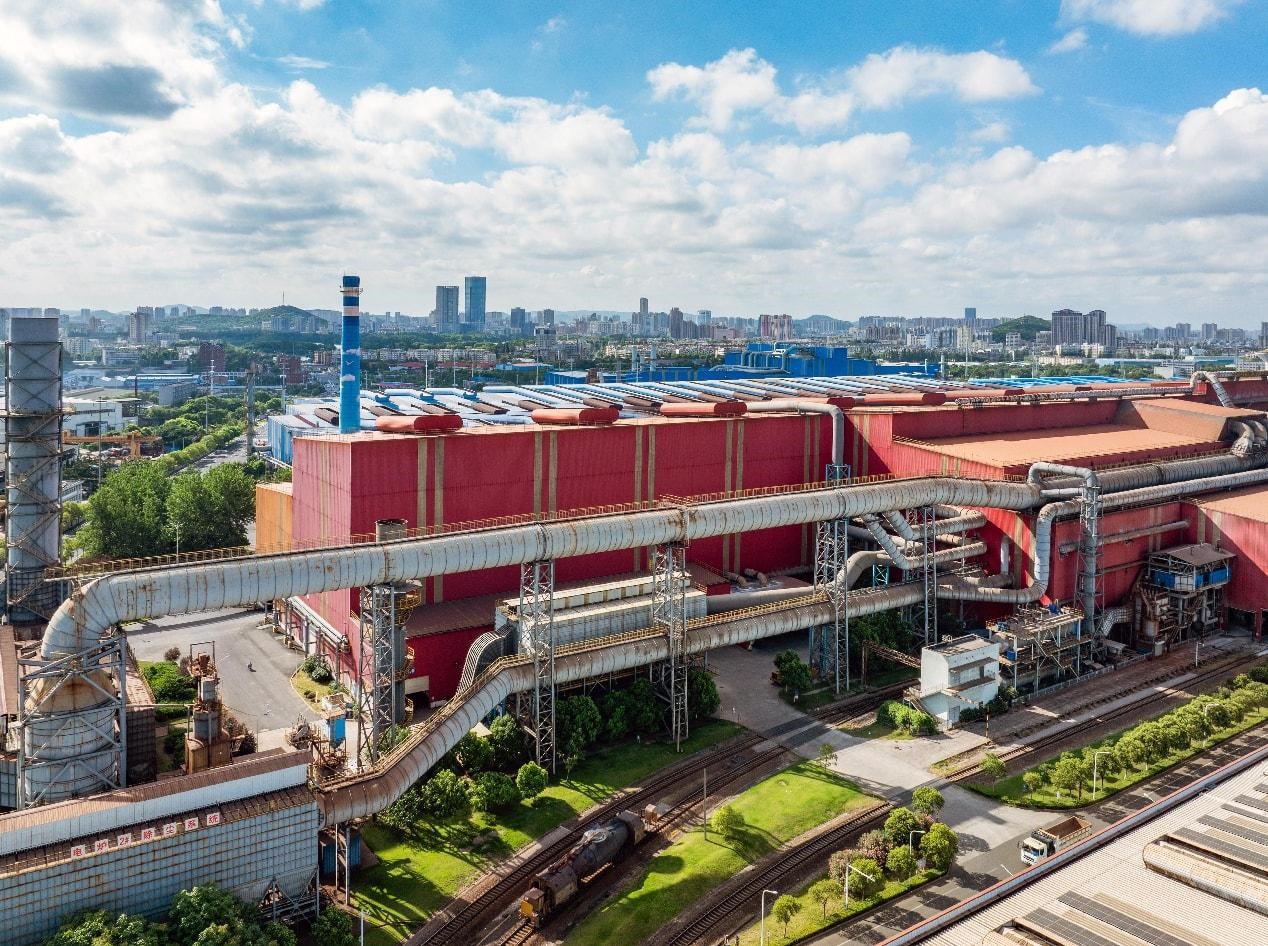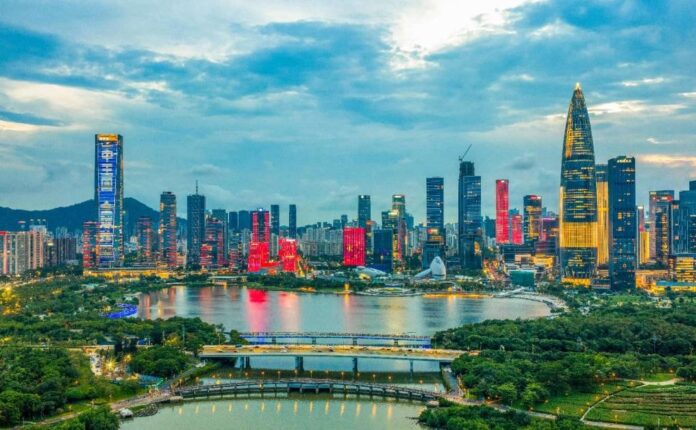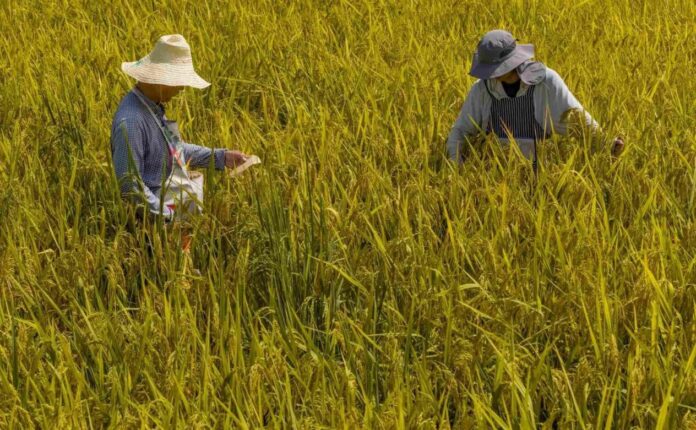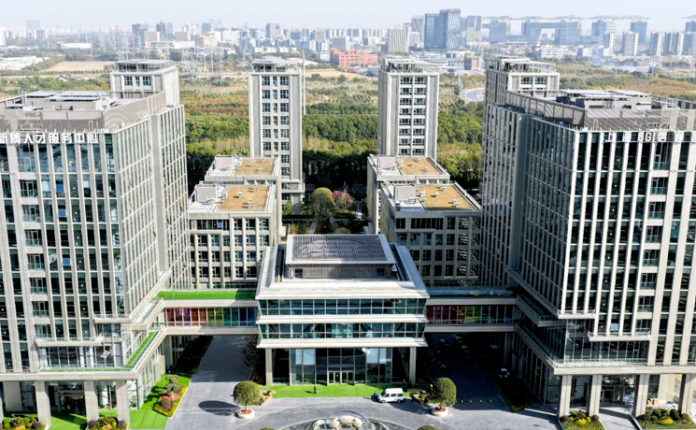By Wu Weizheng, People’s Daily
In Tianjin Port Free Trade Zone, north China’s Tianjin municipality, the first 20 smart recycling stations built by a subsidiary of China Resources Recycling Group Co., Ltd., have recently entered operation.
These multifunctional “smart cabins” combine resource recovery, community services, and emergency power supply, improving front-end urban waste collection and supporting the development of zero-waste cities.
Across China, localities are actively piloting distinctive models to turn waste into value and expand recycling.
The term “zero waste” does not mean that solid waste will cease to be generated, nor can it be eliminated entirely. Rather, it represents a governance approach centered on continuous source reduction and the systematic promotion of recycling and reuse – an essential pathway for advancing green development.
Turning waste into value requires removing bottlenecks across the recycling chain and converting materials into productive assets. As the adage suggests, waste is simply a resource in the wrong place. The practical question is how to realize resource circulation at scale.
One way is technological innovation. For instance, Moon-Tech, an environmental protection technology firm based in Yantai, east China’s Shandong province, has developed a technology that captures 97 percent of carbon dioxide in exhaust gas, and the resulting high-purity carbon dioxide extracted can be applied in food processing and other industries.
By converting waste into resources and consumption into added value, such innovations enhance resource efficiency and create new growth opportunities for enterprises.
Another approach is scenario-based innovation. At a new energy company in southwest China’s Chongqing municipality, retired power batteries undergo health testing, dismantling, and remanufacturing to become standardized battery packs. These packs are then applied in telecommunications base stations, smart streetlights, and other scenarios. Materials that are obsolete in one application can become valuable assets in another.
From technology to application scenarios, prioritizing efficient resource use and anchoring innovation enables idle or underutilized resources to be redeployed for greater value and broader public benefit.
Policy and regulatory frameworks are also critical to stimulating market vitality and transitioning recycling from being primarily government-driven to market-driven. In Shenzhen, south China’s Guangdong province, guidelines for the construction of recycling stations encourage companies to upgrade or build high-standard sorting centers and transfer stations, ensuring recyclables are properly collected and efficiently processed.
Policy instruments not only provide safeguards for implementation but also help shape public behaviors. Shanghai, for example, has issued a regulation on zero-waste city development that promotes wider public participation in zero-waste lifestyles. As a result, the city’s household waste-sorting compliance rate has remained above 95 percent, with an overall recycling rate of 43 percent. Well-designed policies can foster a culture of sustainability and support low-carbon living.
Effective green development further depends on coordinated governance. Ecological and environmental challenges do not conform to administrative boundaries. In construction waste management, for example, strict controls in one locality alongside law enforcement in another can lead to cross-regional dumping. Sustained progress from municipal zero-waste pilots to inter-regional collaboration requires systemic thinking and stronger coordination among government departments, regions, and policies.
By intensifying technological innovation, strengthening policy design and enforcement, and enhancing cross-regional coordination, the journey of building zero-waste cities can be transformed into a process that cultivates and expands green productivity while improving people’s sense of gain and fulfillment.
Read more news related to China here: China Insights
For climate-related stories, visit: The Green Post







